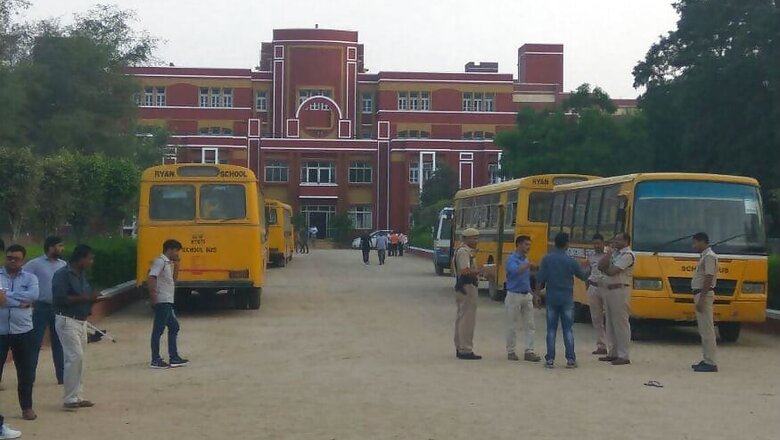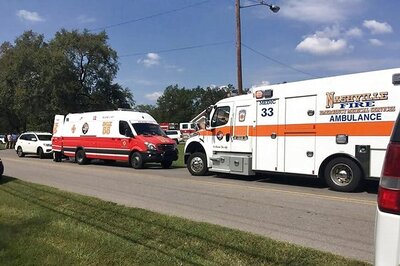
views
New Delhi: In what may finally end the dilemma for schools across the country, the Central Board of Secondary Education (CBSE) has formed a committee to frame guidelines for conducting psychometric test on teaching and non-teaching staff.
The committee is likely to submit its final guidelines by Friday, which will then be circulated to more than 19,000 schools under the CBSE.
Following the brutal murder of seven-year-old boy Pradyuman in Gurugram's Ryan School, the CBSE had on September 12 directed the heads of all schools affiliated to the Board to mandatorily get psychometric evaluation and police verification done for all the staff employed. It also gave a deadline of November 13 to complete this procedure.
The directive, however, sent the schools into a tizzy since the CBSE circular was silent on the guidelines for conducting the psychometric tests.
School authorities faced a major dilemma over how to get the test done and the standards to follow after getting the results of such evaluations.
To end this confusion, the CBSE, by an office order dated September 25, set up a eight-member committee to frame "comprehensive guidelines for safety of school children".
The committee is headed by AIIMS Professor Rajesh Sagar, a senior psychiatrist. Another psychiatrist Dr Jitender Nagpal and neuropsychiatrist Dr Neelesh Tiwari are also part of this committee.
According to the CBSE office order, the guidelines would emphasise upon psychometric evaluation of teaching and non-teaching staff, apart from safety audit of premises, CCTV monitoring, character antecedents' verification, visitor management etc.
The first meeting of the committee was held on September 27, and it is likely to come up with its final report by October 6.
The tests ordered by CBSE entails every school staff to undergo it in two stages - first, which determines their personality structure, and the second, which examines their current illness. While in the first test comprising 600 questions, school authorities can understand if the staff is asocial, unfriendly or narcissistic; in the second round, illnesses such as depression or schizophrenia can be detected.


















Comments
0 comment